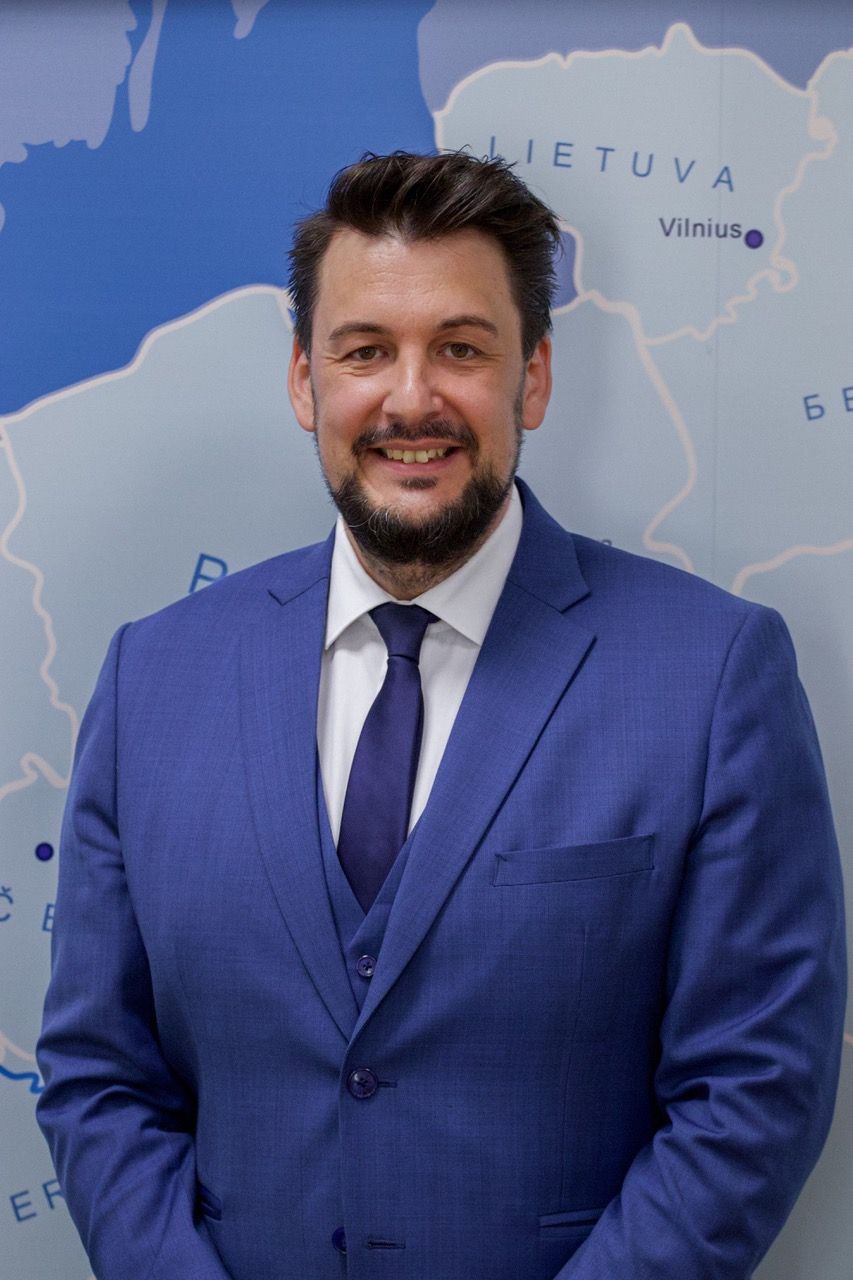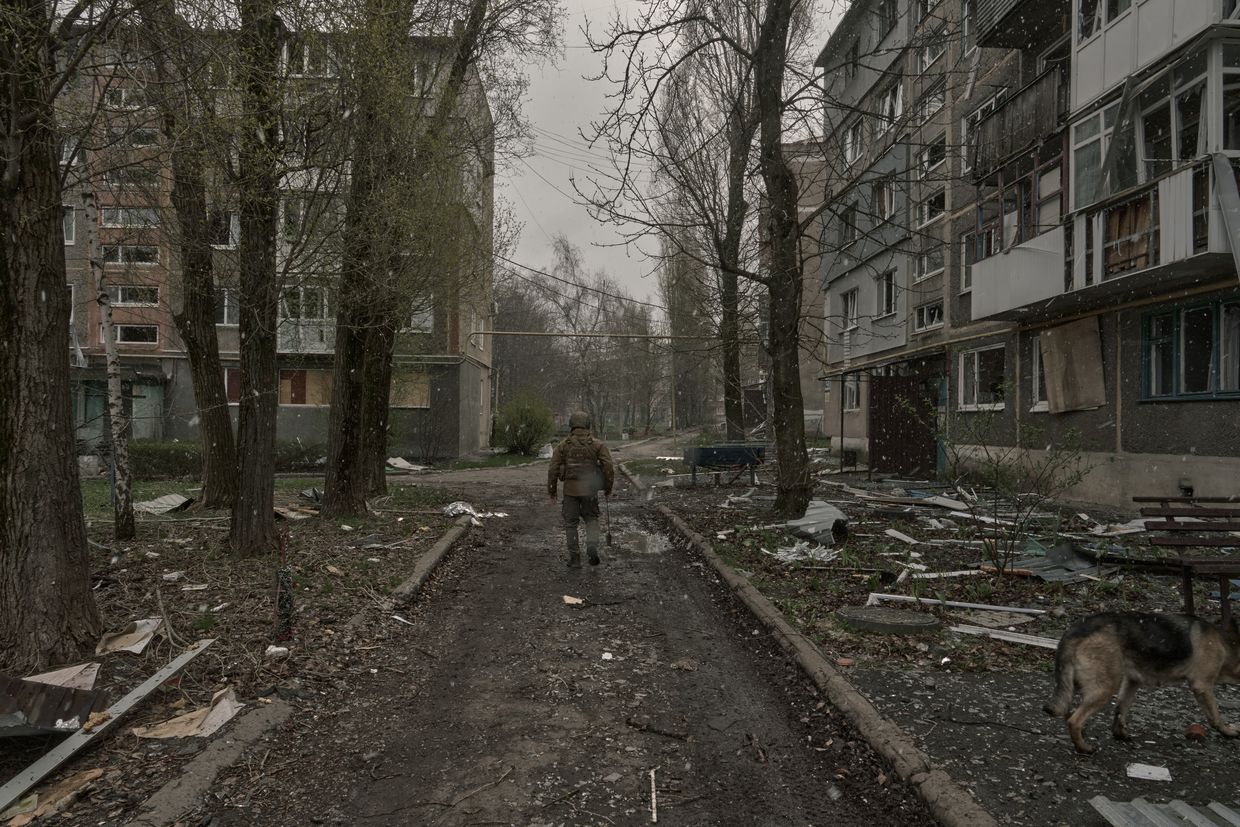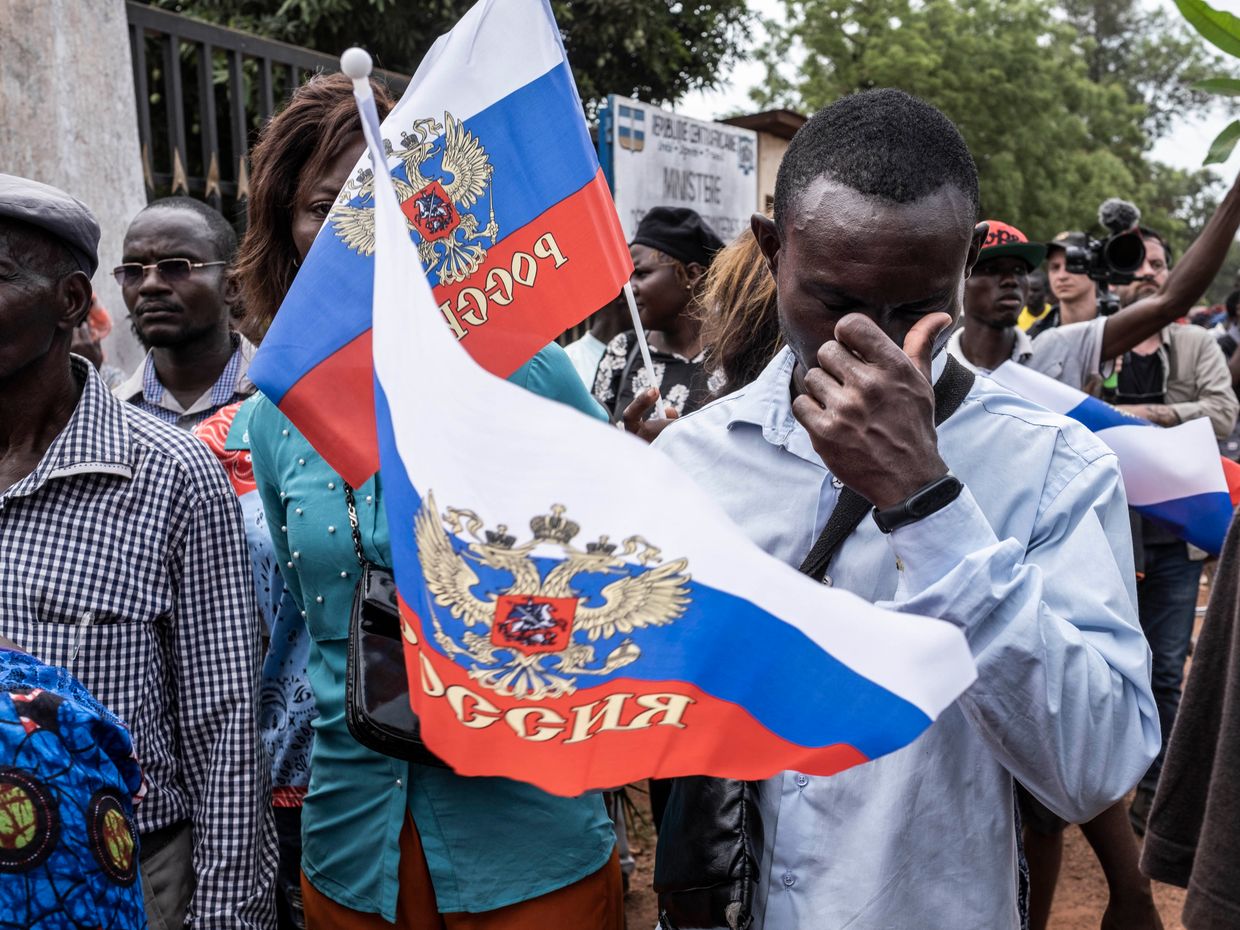Moldovans headed to the polls on Oct. 20 to elect their next head of state and vote on the future of the country’s European Union integration. With over 99% of the votes counted on Monday, the “yes” vote edged ahead at 50.43%, while the “no” camp, which had maintained a lead since the counting began, stood at 49.57%, according to results from the election commission.
President Maia Sandu’s decision to align the referendum on amending the constitution for Moldova’s EU accession with the first round of the presidential election was a strategic political move. This alignment was approved by the parliament, where Sandu’s Party of Action and Solidarity (PAS) holds a comfortable majority.
To be clear, Sandu and PAS have accomplished more for Moldova’s EU integration than all previous governments combined, including those that claimed to be “pro-European.” However, when it comes to the EU and referendums, I experience anxiety, especially when they seem unnecessary.
For instance, we might have had a Constitutional Treaty instead of the Treaty of Lisbon, and the U.K. might still be a member, had politicians not posed a simple yes-or-no question about a complex issue.

Not only does this approach narrow the debate – offering virtually no alternative among other presidential candidates who also support EU membership – but it also carries significant risks, as past examples have shown.
During the 2016 U.K. European Union membership referendum, the Kremlin attempted to influence the outcome through disinformation campaigns. While this interference might have occurred regardless of the referendum, it opened an additional front in the virtual battlefield that these elections have become.
Reports suggest that up to 150 million euro ($162.9 million) was allocated for social media campaigns aimed at spreading disinformation, interfering with the elections, and destabilizing the country.
Additionally, investigative journalists from Ziarul de Garda uncovered that Ilan Shor – an Israeli-born Moldovan pro-Russian oligarch and politician – funded around 15 million euro ($16.3 million) to directly buy votes from his exile in Russia. This is a staggering sum for a country of just 2.5 million inhabitants.
Moscow’s nervousness was palpable, especially among pro-European citizens in Chisinau in the days leading up to the vote. The extremely close results, with only a small majority in favor of the referendum, have proved their concerns valid. A negative outcome would not necessarily halt the EU accession process, as the question only aims to enshrine EU membership as a constitutional goal. This change would make it more difficult for future governments to deviate from that path, but it would not render it impossible.
However, as mentioned, this approach severely limited the space for discourse. There was no option to support the referendum without also supporting Sandu. The second-place candidate came from the Party of Socialists, which called for a boycott of the referendum. Their deputies also left parliament when, in March, the ruling PAS government majority endorsed a resolution to continue efforts to join the EU.
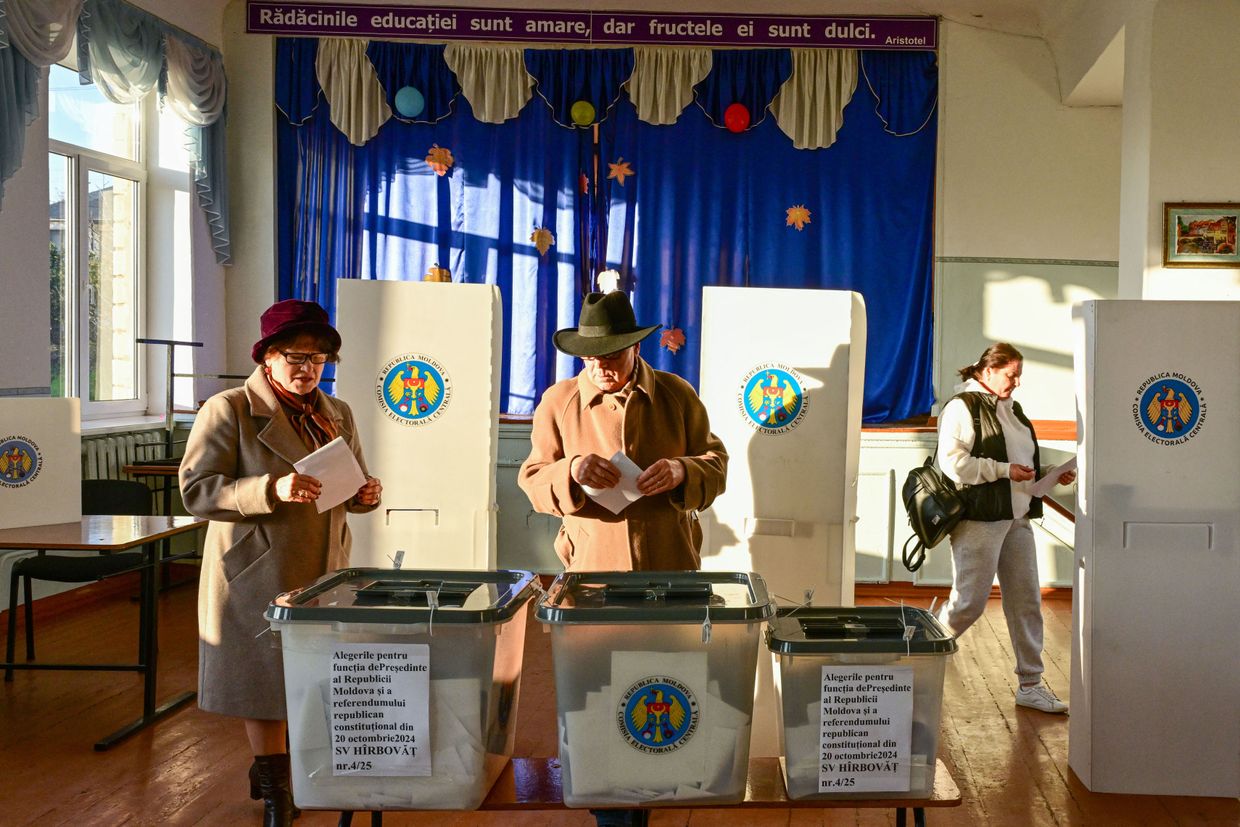
Instead of engaging in an honest debate about the challenges and opportunities of Moldova’s EU integration, as well as the achievements and failures of Sandu’s presidency, voters faced a binary choice – right or wrong – depending on their perspectives.
The only option was to counter the blatant propaganda from the pro-Russian side, such as the claim – echoed by some EU member states and government – that EU membership would embroil Moldova in the war the Kremlin is waging against Ukraine.
What could have been discussed is that Ukraine’s parliament approved a similar constitutional change in 2019, which may have heightened anxieties for some. A pertinent discussion should involve how Article 42.7 of the Treaty on European Union (TEU), or the mutual defense clause, could be interpreted or guaranteed without NATO in a potential EU membership for Ukraine and/or Moldova.
Beyond listing the usual advantages of EU membership (such as basic freedoms, no roaming fees, and flight rights), there is a notable lack of positive narratives addressing the fears and concerns of both Moldovans and EU citizens. It may help to put certain matters into perspective.
Enlargement would return us to where we once were. The six Western Balkan countries, along with Ukraine, Moldova, and Georgia, have a combined population of approximately 67 million – similar to the U.K. Admittedly, these nine candidate countries have only 10% of the U.K.'s GDP, but enlargement represents an opportunity for stabilizing democracies, as it has in most previous rounds of enlargement.
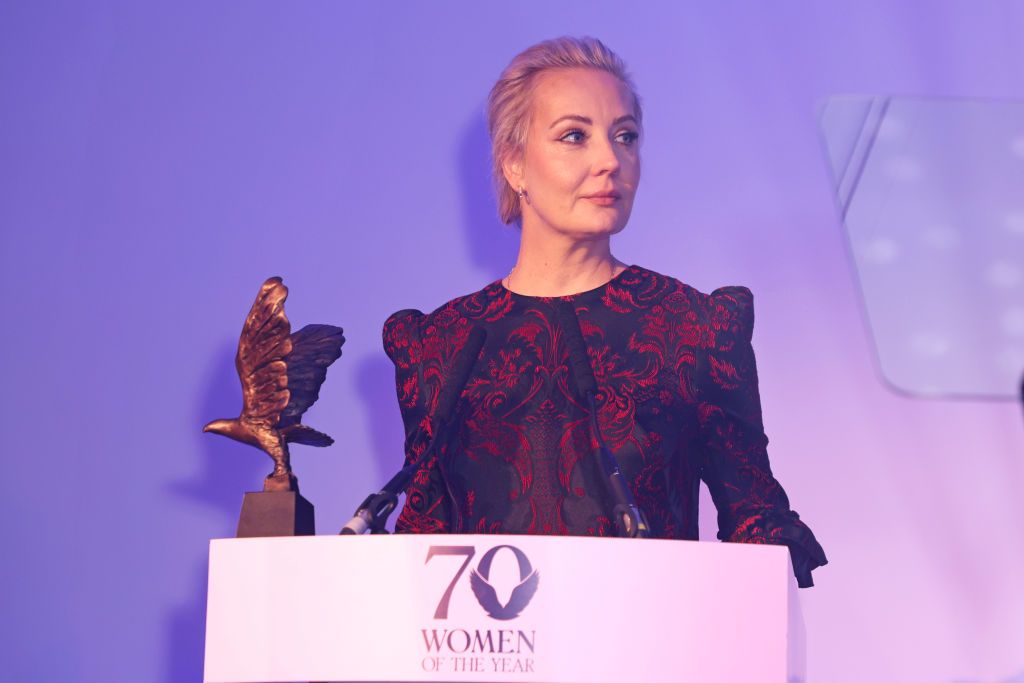
A stable neighborhood has historically led to economic prosperity for both old and new EU members. We should stop focusing solely on the budget (which, at around 142.5 billion euro ($154.6 million), is only about 20 billion euro ($21.7 billion) higher than Austria’s). It is evident that not everyone can receive more than they contribute. However, the net payer concept is misleading; for instance, Germany contributes 27% more than France to the EU but benefits 67% more from single market integration.
While additional countries in the EU may complicate decision-making, more than 60% of votes since 2010 have been unanimous, even though qualified majority voting (QMV) would have sufficed, according to the German think tank SWP. They have suggested extending QMV without a treaty revision, but perhaps that should only be Plan B. Why not be bold and reintegrate deepening and widening?
The complicated journey from the Treaty of Nice to Lisbon – including the aforementioned negative referenda in 2005 and an additional one in 2008 – took 65 months. The longest successful enlargement negotiations took 77 months, averaging 42.4 months. Therefore, the goal of EU membership for Moldova by 2030, as announced by the government, is achievable with the right ambition and determination from all parties involved. Typically, a referendum on EU membership occurs at the end of this process, not at the beginning.
Perhaps there will be more room for discussion leading up to the second round of presidential elections scheduled for Nov. 3, now that referendum anxiety has lessened, albeit by a narrow margin. Ultimately, the real "referendum" will be the parliamentary elections, set to take place by July 2025 at the latest. It is not the president but the government that will determine Moldova's direction.
Until then, there will be plenty of room for anxiety on all sides – but there is also still hope for Moldova's future within the EU.
Editor’s Note: The opinions expressed in the op-ed section are those of the authors and do not purport to reflect the views of the Kyiv Independent.
Introducing official
merch from the Kyiv Independent
